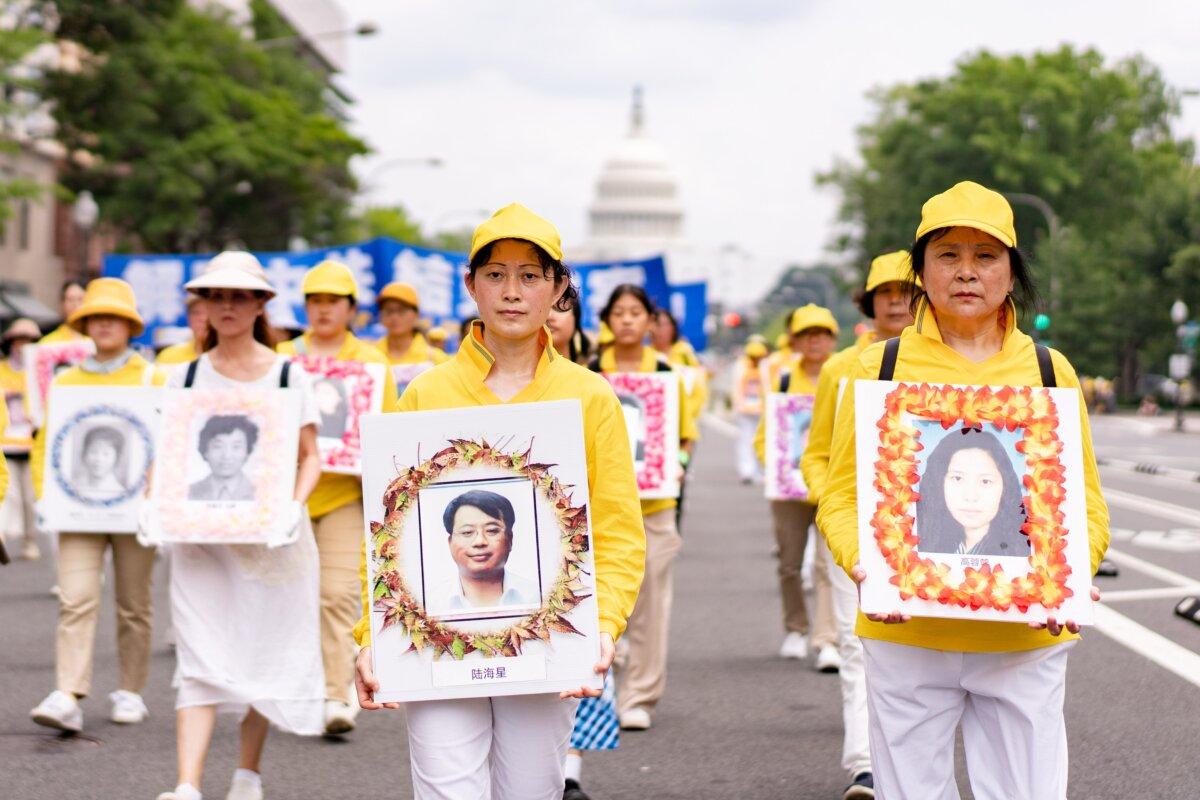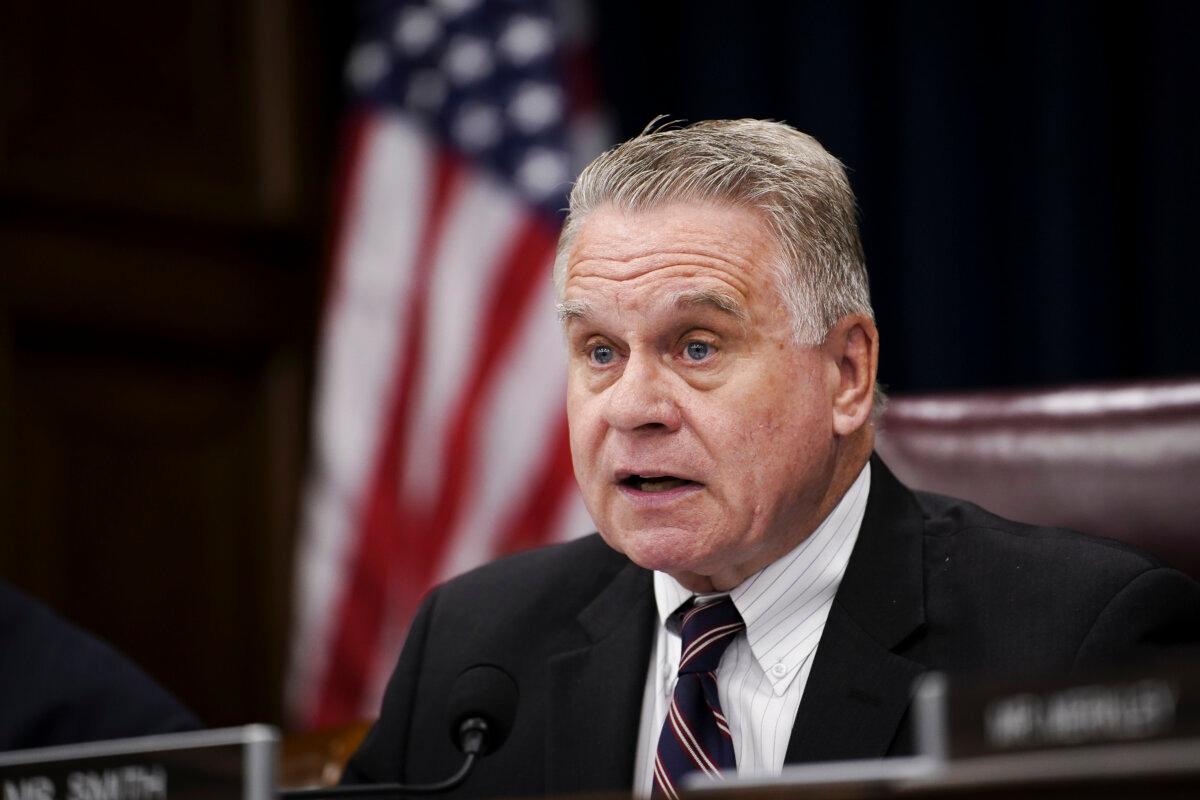An Arizona state GOP lawmaker has introduced a bill that would require schools to teach about the harms of communist regimes, including such ills as poverty, suppression of speech, and systemic lethal violence.
“Beginning in the 2024-2025 school year any American government course required for graduation from high school must include at least forty-five minutes of instruction on the history of communist regimes around the world and the prevalence of poverty, starvation, migration, systemic lethal violence and suppression of speech under communist regimes,” the bill’s text reads.
Evils of Communism in Curriculum
The bill’s text indicates that “Victims of Communism Day” would not be a legal holiday, meaning no time off. Rather, it would be observed in schools, which would provide instruction on that day (or an alternate one if school isn’t in session on that day) on the harms of communism.Other possible choices for instruction on that day would be about Nicolás Maduro and the Chavismo movement, Joseph Stalin and the Soviet system, or Vladimir Lenin and the Russian Revolution.

The issue is personal for Mr. Toma, whose family fled then-communist Romania when he was a child.
“It’s not just my background,” he told Arizona Capitol Times. “It’s the background of many other people including currently in China, in North Korea, Vietnam, places like that that still have communism, that still have to deal with it.
“Not to mention the amount of damage and, again, the millions or hundreds of millions that have lost their lives, or more,” he added.
“Mass murders during the Cultural Revolution established, culturally and politically, the CCP’s absolute leadership,” the publication states.
“The Tiananmen Square massacre was used to prevent political crisis and squelch democratic demands. The persecution of Falun Gong is meant to resolve the issues of belief and traditional healing,” it continues.

Other Anti-Communist Efforts
Besides Mr. Toma’s bill, there have been other legislative efforts to expose the harms of communism or oppose its spread in the United States.The bill, called the No CCP Consultants Act, would prohibit the secretary of state from entering into, renewing, or extending contracts relating to “advisory and assistance services” with certain entities, including the governments of China and Russia.
“We must guard against the Chinese Communist Party and its web of espionage,” Mr. Green said in a statement to The Epoch Times on Oct. 31.
In March 2023, the U.S. House of Representatives overwhelmingly passed a bill to punish communist China for its forced organ harvesting from prisoners of conscience.
It would also punish those found to be involved in forced organ harvesting: a civil penalty of up to $250,000 and a criminal penalty of up to $1 million and 20 years in prison.
Rep. Chris Smith (R-N.J.), the principal sponsor of the bill, told The Epoch Times ahead of the floor vote that the measure’s “got real teeth” and that he hoped it would become law.
“This is an atrocity, this is a crime against humanity, and it’s a war crime, because this is a war on innocent people in China, and [Chinese leader] Xi Jinping is directly responsible. Those who willingly engage in this will be held responsible,” he said of forced organ harvesting from prisoners of conscience.

Mr. Smith said the bill could cover anyone who participates in forced organ harvesting, including patients who receive the organs.
“If there’s willful knowledge that is being stolen from a Falun Gong practitioner, or anyone else, then they could be held criminally and civilly liable,” he said.
“How do you know on a certain date you’re going to have a liver all ready to go? That’s because they kill the individual in order to get that. They murdered them,” he added, referring to cases of Chinese hospitals promising to deliver vital organs on a specified date, a process that experts have said is impossible under voluntary organ donor programs.
Israel, Taiwan, Italy, and Spain have banned organ transplant tourism.
Bill Boosts US-China Spending Transparency
Earlier this month, Sens. Rick Scott (R-Fla.), Ted Budd (R-N.C.), and Mike Braun (R-Ind.) introduced legislation calling for increased transparency from the federal government regarding funds flowing to companies in China.“We know that Communist China does its best to hide the finances of its government and businesses from Americans,” Mr. Scott said in a statement.
The legislation also tracks federal spending on federal-funded entities, including American universities’ China-based campuses.







